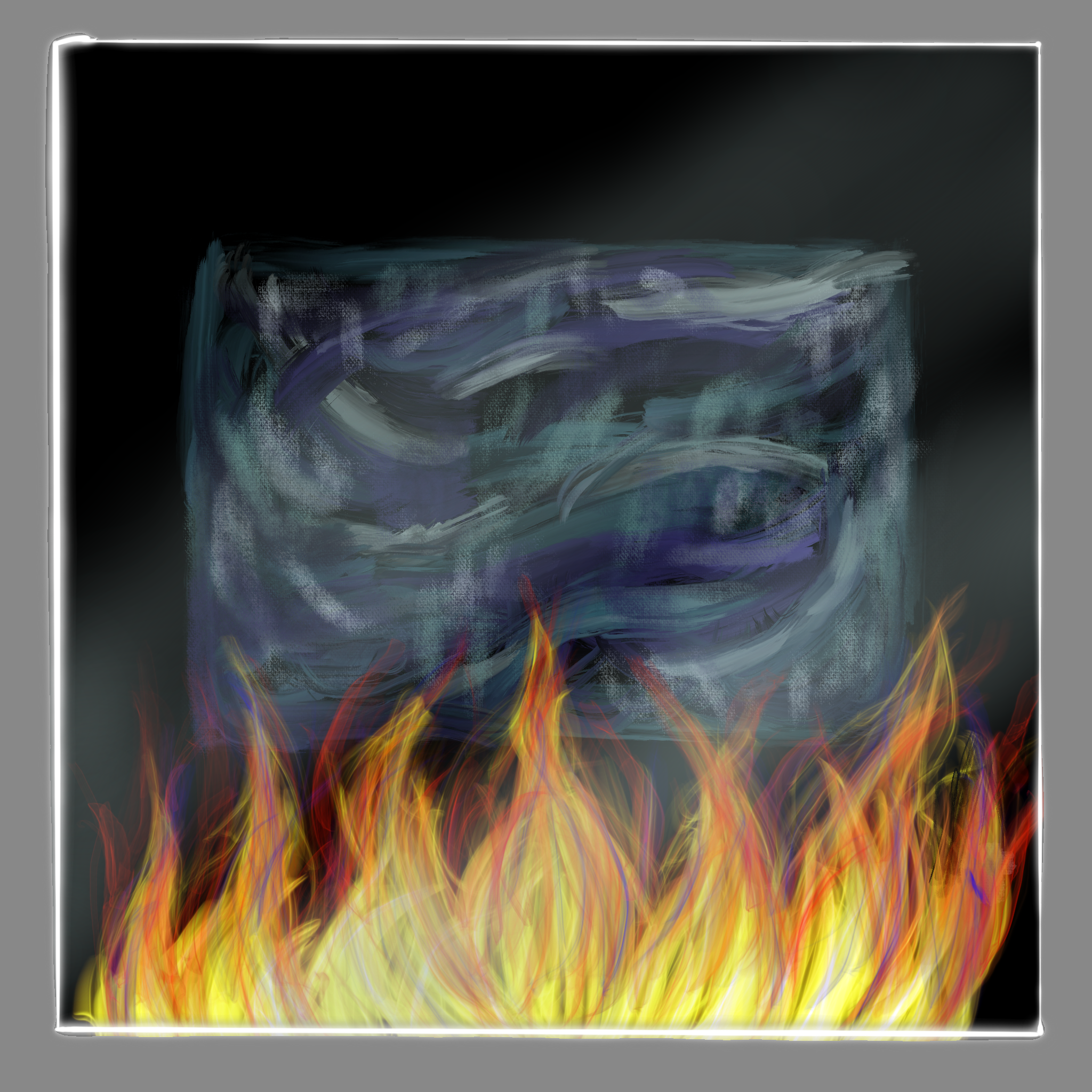
On the South Side, Leanna Blanchard rows in the seventh seat of a white boat on the Chicago River. Her black oar is painted with the blue letters “ROW,” the “O” replaced by a graphic of a water ripple and an oar.
This logo represents Recovery on Water (ROW), a Chicago crew team of breast cancer patients and survivors. The team is one of many similar groups that exist throughout the United States. Blanchard chatted and laughed on the dock after she and 26 other women rowed three eight-person boats about five miles as the sun set behind the Chicago skyline.
With the international popularity of Bonnie Garmus’ novel “Lessons in Chemistry,” which follows a female scientist in the 1950s working against a sexist system and rowing to help her handle immense grief, the sport is growing as a mode of feminine empowerment. Garmus herself is a recreational rower and breast cancer survivor who won an event combining Olympians and survivors in boats at a Seattle fundraiser race called Row for the Cure in 2008. When Blanchard started chemotherapy after she was diagnosed with early-stage breast cancer at 28, she started looking for support groups and found ROW.
“I initially didn’t really think I wanted any support groups. I wanted to just put my head down and get through it and not really make a fuss about it,” she said. “(But) you can’t really get through that sort of thing on your own.”
ROW helped Blanchard build strength and challenge her body through practices three times a week. She relearned how to trust her body.
“Especially when you’re young and otherwise healthy, getting a breast cancer diagnosis makes you feel – at least for me – it made me feel very betrayed by my body … because it didn’t tell me anything was wrong,” she said.
Blanchard had no other health issues, no mutation in the BRCA1 or BRCA2 genes and no family history of breast cancer. After six years, Blanchard still has worries about recurrence, but ROW helps her feel safer.
“We’re there to get active and move our bodies,” she said. “To do that in a setting of people that get it … is really valuable.”
Physical activity is associated with decreased mortality and recurrence of breast cancer, according to many studies.
“That’s a really powerful thing, to be able to feel safe in your body again,” Blanchard said.
Blanchard, now 34, was born and raised in Evanston, Ill. She said she never excelled at sports but always liked being on a team. She was a competitive gymnast in high school and college, ran two half marathons during grad school “against [her] better judgment” and eventually began rowing. Blanchard graduated with a bachelor’s degree in kinesiology from the University of Michigan and a DPT degree in physical therapy from George Washington University before completing an orthopedic residency at Johns Hopkins University.
“She was very dedicated, very focused on being a physical therapist,” said her husband, Brad Klein, a social media digital marketer and stand-up comedian who performs in sign language because both of his parents are deaf. He met Blanchard through a mutual friend in 2011.
“I married a doctor, she married a comedian, so who’s really winning here?” Klein said. “I’m just happy to be in her atmosphere.”
After living on the East Coast during Blanchard’s postgraduate education, the two returned to Chicago to be close to their families. Six months after they got married, Blanchard was diagnosed with breast cancer while she was doing an orthopedic manual physical therapy fellowship at the University of Illinois Chicago.
She went through chemotherapy, fertility preservation (freezing her eggs) and a double mastectomy, “and yet still did not stop learning, researching (and) advancing her career,” Klein said. “And, on top of all that, always advocating for her patients.”
Blanchard said her diagnosis helped her understand her physical therapy patients with breast cancer. When she later became an assistant professor of physical therapy at North Central College in Naperville, Ill., she combined her expertise in orthopedic therapy and oncology. It is strange, she said, to consider hardships she endured during her breast cancer experience valuable, but they influenced who she is and how she teaches.
“I will never give cancer credit for anything,” she said. “But I do have to say that I have found silver linings.”
Over the past five years, ROW coach and coxswain Kierstin Toth has seen Blanchard act as a coxswain (the rower who steers and directs the boat), become certified as a coach and teach a mobility class. Blanchard thoughtfully relates rowers’ questions to physical therapy to prevent injuries, Toth said.
“She brings this wealth of knowledge everywhere she goes, and she’s truly one of those people that lights up every single space,” she said.
She said Blanchard even showed up after chemotherapy to cheer for her teammates.
Colin Darnton, a ROW coach and fellow Michigan alumnus, said Blanchard is a “vocal and vibrant core piece of the team.” She is one of his “top athletes” and a great coxswain for new rowers.
“She’s one of the people that’s really quick to welcome new members to the team, particularly the younger members,” he said.
Blanchard and Klein said ROW teammates understand Blanchard’s journey without needing to talk about it.
“When one person’s down, everybody rallies around them,” Klein said.
They bring meals and go to appointments together. Klein said the day before Blanchard had her first chest reconstruction surgery, everyone gave her a big group hug. ROW welcomes rowers’ partners, who support each other, he said.
“(Leanna and I) kept each other afloat, and we’re still able to be here and be advocating for the rest of the cancer community,” Klein said. “Despite everything that life has thrown at us, (Leanna has) come out the other side bigger, stronger and more resilient.”
Part of that strength came from ROW.
“The ROW team became a pretty big part of my identity post breast cancer,” Blanchard said. She is now a coach, coxswain and member of ROW’s associate board. “It’s been incredibly valuable for me to be able to help other people discover what I got to feel – that safety in my body, that sense of community, being with people that get it, and being able to be part of what helps that boat continue to go.”
Blanchard hopes that if ROW gets a bid this year for the Head of the Charles, the world’s largest three-day rowing competition, she qualifies for the boat they send.
“It is such a great opportunity to show that it is possible to build strength and endurance after cancer and cancer treatment,” she said in an email. “Sending a boat to a competitive regatta like this is also a shining example of the power of community for cancer patients and survivors, and a glimpse of just how fulfilling life can still be after a cancer diagnosis.”




